Our Guiding Strategic Principles:

Globally and Locally Engaged
We align with the UN SDGs as well as the national development commitments and blueprints.
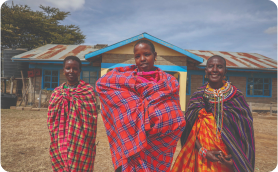
Catalytic and Sustainable
We provide support and catalyse investments by other resource providers to generate long-term impactful an sustainable results.
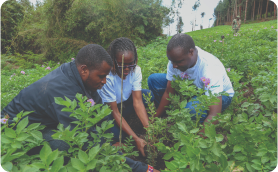
Leveraging Technology Services
This informs decision-making in the development and delivery of impactful and scalable community investments.
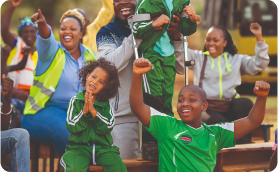
Integration
This maximises the impact of our investments.
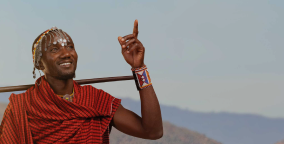
Environmentally Aware
This mitigates any negative impact of the Foundation’s investments on the environment.

Bold, Agile and Innovative
We make bold decisions and are not afraid to fail forward in the quest to make interventions that will have a long-term impact and transform lives.

Rights-based and Gender Responsive
This ensures that the Foundation’s investments provide equally for women and men, while supporting the rights of both girls and boys.
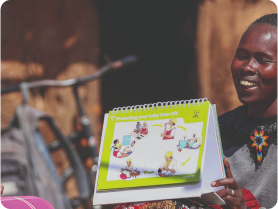
Evidence-informed
Being evidence-generating and result-focused ensures that the Foundation’s investments are based on data and rigorous analytics.
Safaricom Foundation Strategy 2023–2026
Purpose
Transform Lives
Vision
Transform lives through impactful community investment
Transformation Goal
To make a significant contribution towards Kenya’s sustainable development in our areas of focus
Strategy Approach
Deepen Engagement with Communities
Transformative Pillars
Sustainable Philanthropy And Humanitarian Response
Foundational Enablers
Data & Analytics,Technology,Partnerships,Community Ownership and Resource Mobilisation
Our Culture
Purpose, Collaboration, Customer Obsession and Innovation